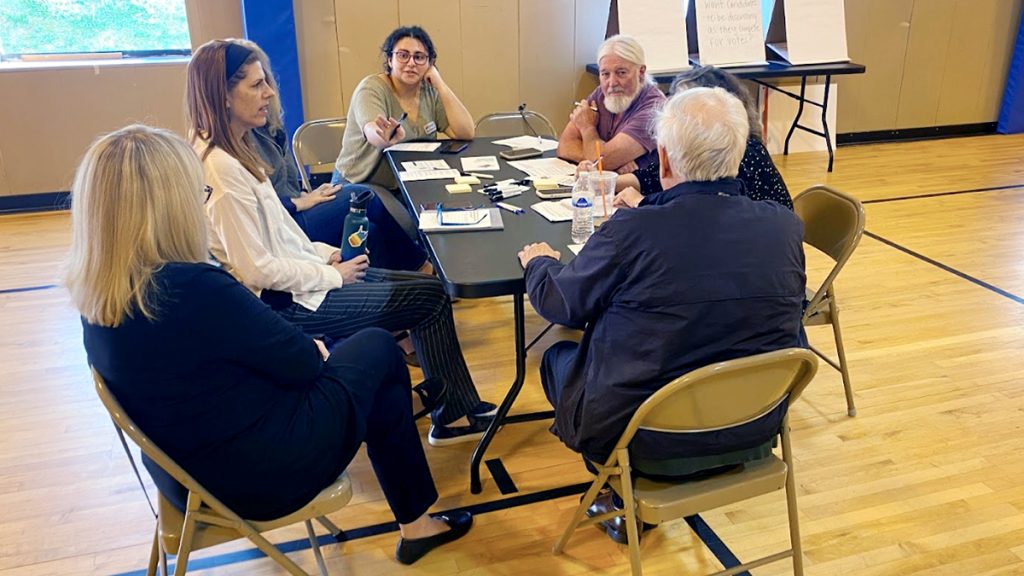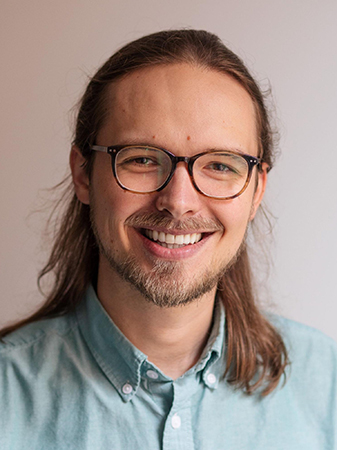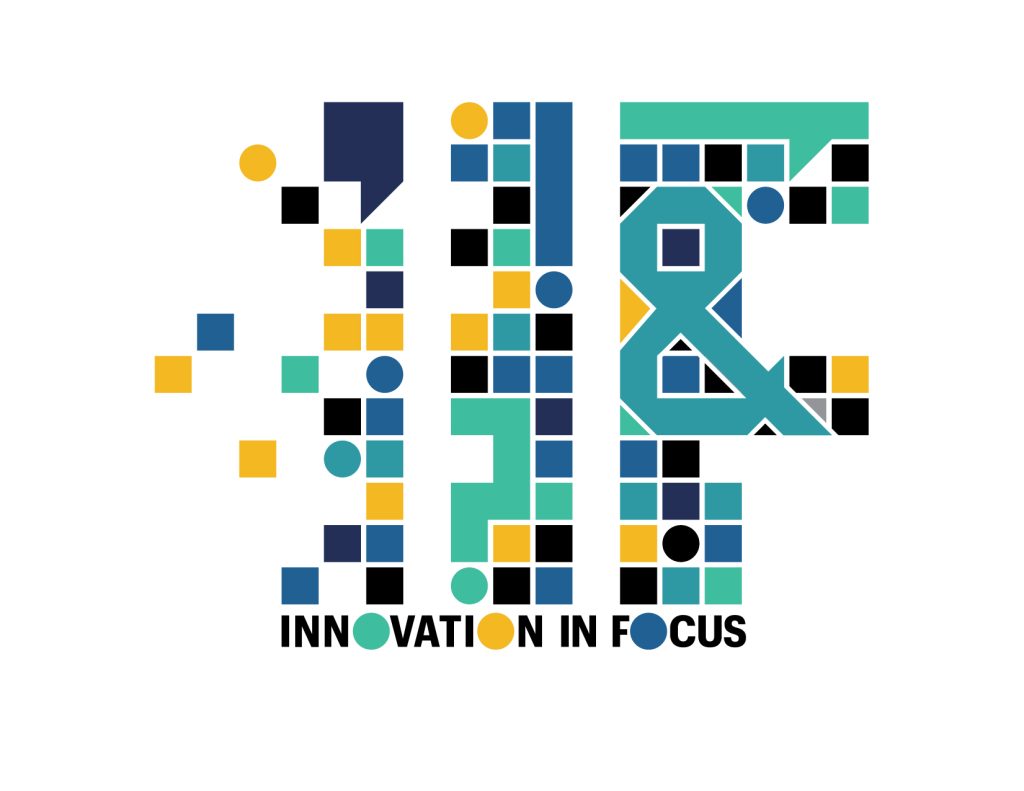
Mountain State Spotlight, an independent and nonprofit newsroom in West Virginia, hosted an elections-focused roundtable with community members in April.
Early lessons from elections roundtables in West Virginia
A conversation with Tyler Dedrick, Mountain State Spotlight
As part of their elections plan, the team at Mountain State Spotlight is hosting roundtables in communities across West Virginia. The statewide nonprofit newsroom wanted to find a way to listen to community members and use what they heard to drive the coverage of candidates and local races. The central question: “What issues do you want to hear candidates talk about this election season?”

Tyler Dedrick, Spotlight’s audience manager, spoke with Innovation in Focus to share some early practical lessons he’s gathered about planning community events this election season.
Lytle: Why and how did community roundtables become part of your elections plans this year?
Dedrick: We strongly believe that you can’t really cover a community if you’re not in it. And so when we decided that we wanted to do something different with our elections coverage, we thought that the types of events that bring community members to the table to hear what their priorities are would be really core to that.
There’s a couple of different components to our election coverage plan. We just published a voter guide that’s really basic civic information. Here in West Virginia, there’s a real opportunity to transform and improve election coverage to center the voter as the voice, and part of that centering process is getting local residents to the table and talking and listening. We’re mostly just sitting back and listening.
Lytle: How did you think through the format of these roundtables so that you are truly listening to residents and not setting the agenda as journalists?
Dedrick: We wanted these to be structured, but not so tightly focused that it didn’t allow if people had a particular concern to be able to express that. As we were developing what these events look like, we’ve been taking a lot of inspiration from the Citizens Agenda, Jay Rosen and Trusting News. The question that we’ve been asking both readers and people on social media is: What issues do you want to hear candidates talk about this election season? So we focus on that one question.
What this event looked like was three parts: We had an icebreaker. We asked people: what’s something in your community that you’re proud of? And then the next question was: what issues do you want to hear candidates talk about? Then, the last piece was an activity that engaged attendees. We asked them to take a sticky note and write their own headline to a story that they might want to see Mountain State Spotlight write based on the conversations. That was a fun activity because it gave us inspiration and direction about what that concrete specific deliverable might look like.
Lytle: How long was the first event?
Dedrick: Our event was 100 minutes. We included informal time at the end in case people had specific things they wanted to tell a reporter about, just in case somebody had something they weren’t necessarily comfortable sharing in a group.
Lytle: What did promoting the event look like? How do you reach people who aren’t already fans of Mountain State Spotlight?
Dedrick: West Virginia loves Facebook and their Facebook Groups. So, we posted in the greater Morgantown Facebook group, the Monongalia County Facebook group, in addition to emails and social media posts, recognizing that those are only going to reach the people that already know about us.
Lytle: Since you’re working with a small team, and you don’t have an events staff dedicated to this, what helped you in making this event happen?
Dedrick: The biggest, most important thing is setting deadlines from the outset. The big deadline is the event date and then working backwards from there: When do you need to have the space booked? When do you need to have the cars rented? When do you need to have hotels booked? When do you need to start promoting the event? When do you need to have the Eventbrite page up? When do you need to have the venue established? It’s really easy to say, I want to have an event in three months, and then a month goes by and you realize nothing has been done because you didn’t set those teeny-tiny concrete steps.
Lytle: What was your goal for this event? What were you hoping to take away?
Dedrick: The primary goal for this event was to learn how to have this type of event. We have four or five that we have planned so far. The secondary goal was to come away with a better sense of what the priorities are for issues that voters feel like are really impacting them and what they want to see candidates talking about. And part of that is our citizen’s agenda published on the website. We have those top five questions that we want to be asking candidates.
We want to make sure that, as we’re talking to different communities, we’re hitting those through lines, those shared concerns that communities have across West Virginia.That way we can make sure that as we’re talking to candidates, we are doing our very best to be representative of all West Virginia voters.
Lytle: How did you think through the logistical parts of what the roundtable would look like?
Dedrick: The three biggest things that I was thinking about as I was planning the logistics of it, in this order, were: budget, location and timing. Like many nonprofit news organizations, we are limited on our resources. We’re fortunate to have a grant from the Jonathan Logan Foundation specifically for events like this. So keeping that in mind and being responsible stewards of funds, we were in a community center, like a gymnasium, so there were tables set up. We had a small but mighty turnout of 12 people, so we split it into two tables – two journalists at each table listening and asking questions. The second consideration was location. We knew we wanted to have it in Morgantown, but we were trying to figure out: do we do it downtown, do we do it in a residential neighborhood, do we have it at the university because WVU is there? The third consideration was timing. This event was after work. We’ve had previous events that have been during work hours or before work hours, and we’re still trying to figure out what the best, most inclusive day of week and time of day is.
Lytle: Do you do any kind of survey or try to gather feedback from participants about how it went?
Dedrick: We collected emails, so we’ll shoot them a “thank you” and “give us some feedback.” We’re not at the point organizationally where we’re hosting really big events; I think we’re still small enough where I can be doing that personal solicitation.
Lytle: What are you thinking about doing differently for the next roundtable?
Dedrick: Promotion is going to be a big part of that and partnering with organizations who are already embedded in the communities. I think hosting these types of events poses a unique challenge as a statewide organization because we’re not everywhere; we can’t be everywhere. And that underscores how important it is to find those organizations who are embedded in those communities and leverage those relationships to get people in who haven’t heard of us but have heard of this other organization.
Lytle: Anything else that you learned or that you’d want others to know about putting together roundtables?
Dedrick: You’re always experimenting. You’re always learning new things. Each event is going to look a little different, and you’ll learn something different based on what that looks like. My general philosophy with not just events with pretty much anything is it’s only a loss if you don’t learn something.
Editor’s Note: This interview has been edited for clarity and brevity.

Sign up for the Innovation in Focus Newsletter to get our articles, tips, guides and more in your inbox each month!
Cite this article
Lytle, Emily (2024, May 13). Early lessons from elections roundtables in West Virginia. Reynolds Journalism Institute. Retrieved from: https://rjionline.org/news/early-lessons-from-elections-roundtables-in-west-virginia/
